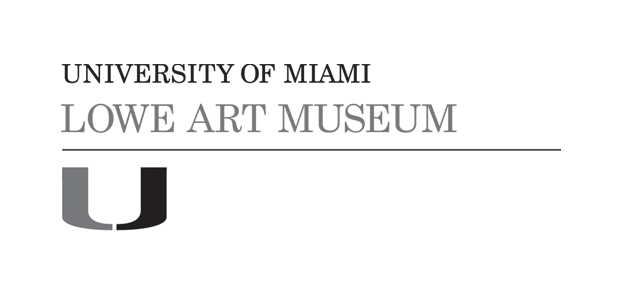Dish
Date1851-1855
CultureChinese
Mediumporcelain and underglaze cobalt blue
DimensionsOverall: 1 3/8 x 6 in. (3.5 x 15.2 cm)
ClassificationsContainers
Credit LineGift of Brian A. Dursum
Object number2005.22.15
DescriptionThis design first made its appearance during the Kangxi period (1662-1722) and continued to the end of the Qing Dynasty in 1911. This saucer dish may have been produced prior to the destruction of the imperial kilns at Jingdezhen in 1855. The kiln was not rebuilt until 1866, or the 5th year of the succeeding Tongzhi reign and so wares produced by the imperial kilns of this period are limited. There are similar saucer dishes from the subsequent Tongzhi (1861-1874), Guangxu (1875-1908), and Xuantong (1908-1911) periods. Although the lotus is indigenous to China, the introduction of Buddhism attached new significance to the flower, and it has remained closely associated with the Buddhist faith. The lotus became a symbol of purity for Buddhists because it rises clean and stainless out of the muddy water in which it grows. By the Song Dynasty (960-1279), the flower apparently lost most of its specific Buddhist significance. Its symbolic meaning was absorbed into the secular emblems, and it developed new and typically Chinese attributes. The lotus was praised as the flower of purity and integrity, the symbol of the perfect or princely man. The honesty of an uncorrupt official was symbolized by lotus flowers and egrets (the bird also kept clean in the same muddy waters). The lotus had other symblic meanings as well. It was the emblem of summer among the Flowers of the Four Seasons, conveying the idea of happiness in maturity.













